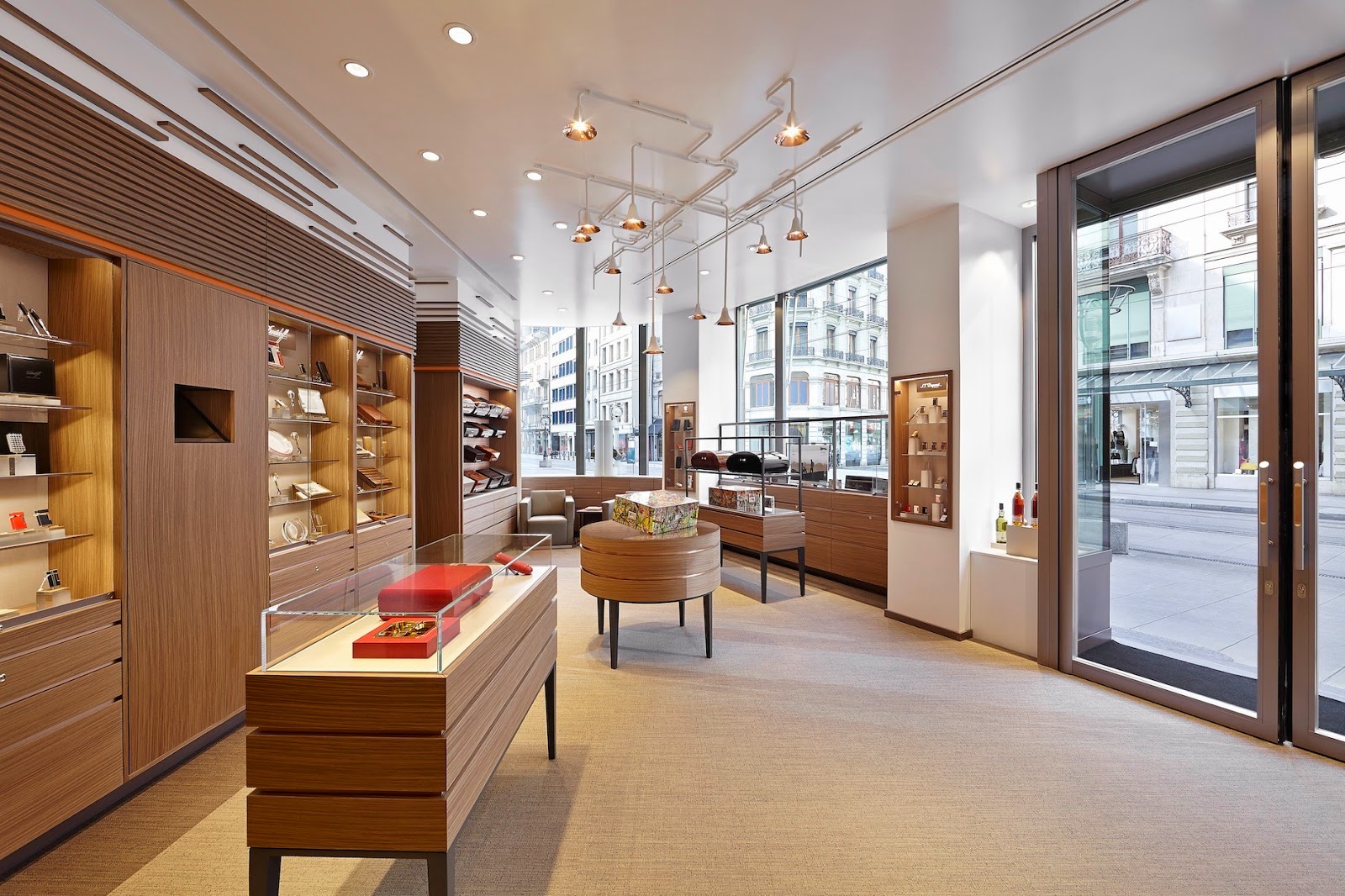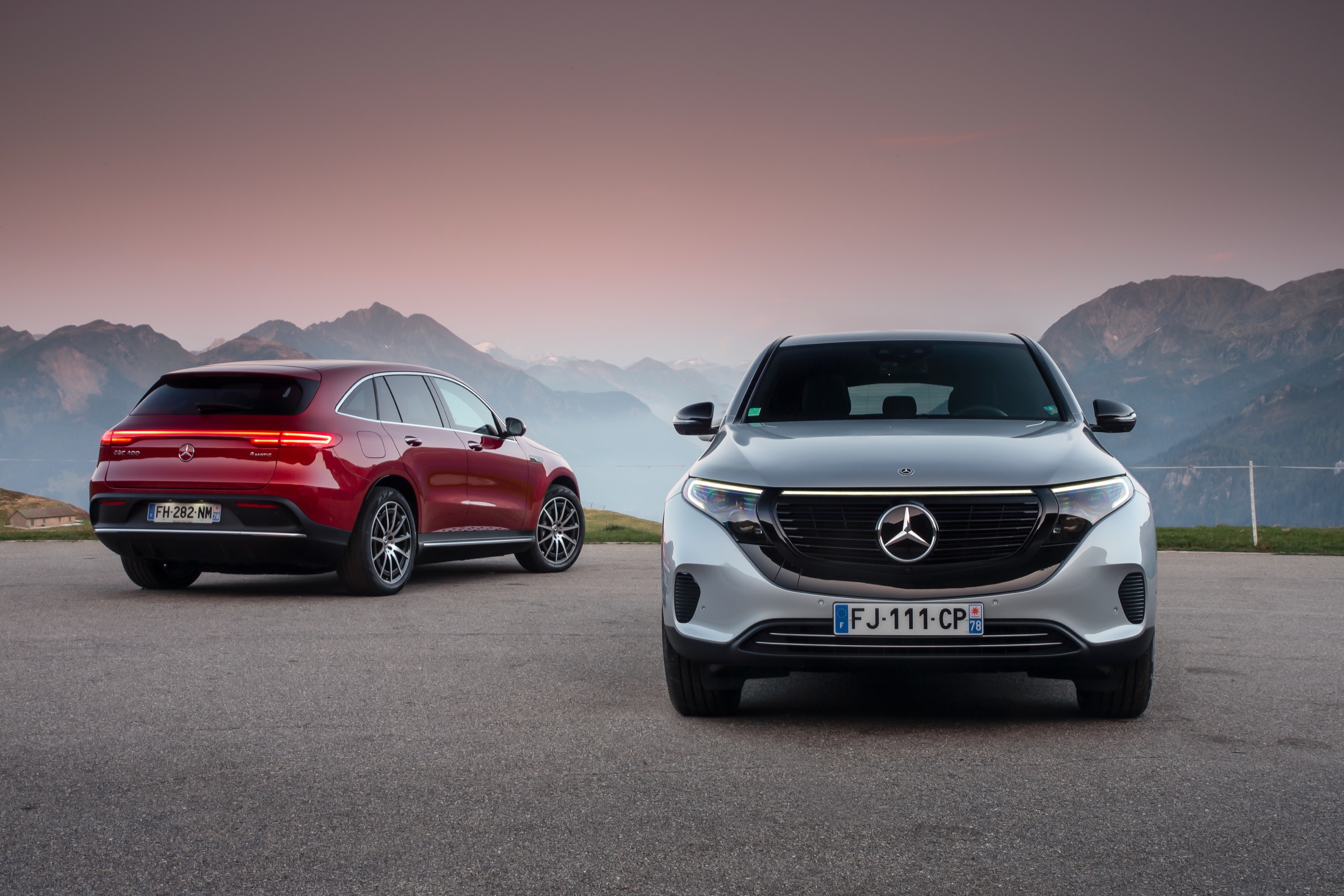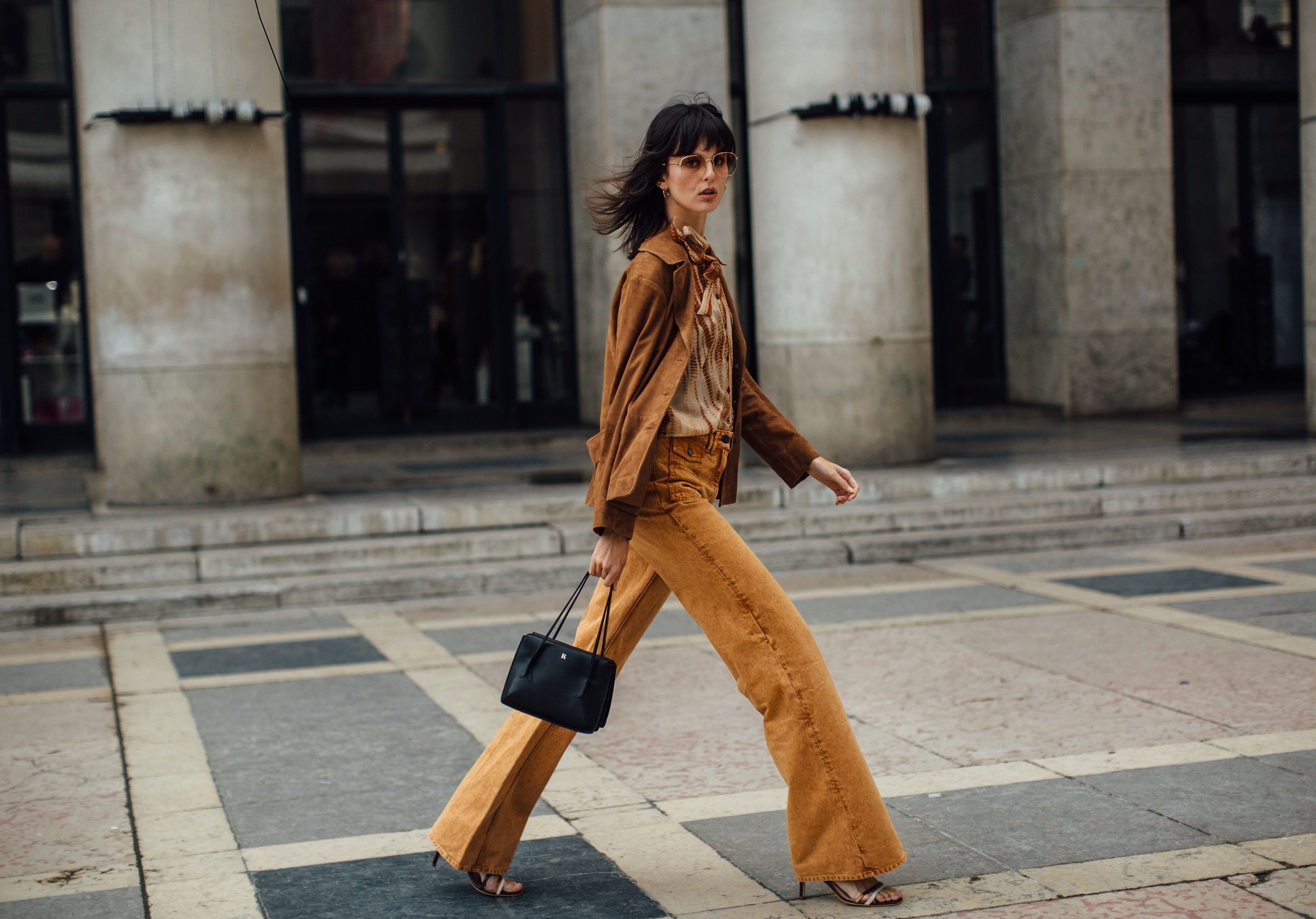[vc_row njt-role=”people-in-the-roles” njt-role-user-roles=”administrator,armember”][vc_column][vc_column_text]
Conducted by the Ipsos polling institute, this annual survey reveals the results of changes in consumer trends since the start of the health crisis, where three main zones were surveyed: China, the USA and Europe including France, Italy, Germany, Spain and the UK.
The purpose of this survey is to identify the new factors influencing the purchasing process of luxury goods in this crisis situation. The sectors studied are watchmaking, jewelry, fashion and accessories, wines and spirits, beauty, perfumes, skincare and make-up. In comparison with previous years, World Luxury Tracking 2020 provides an understanding of the changing needs and new purchasing aspirations that have resulted since the beginning of the health crisis. As every year, the barometer surveyed nearly 8,000 respondents, including consumers between 18 and 65 years of age, with different incomes.
Digitized consumption habits
Since March 2020, purchasing resources have remained very limited and online purchasing has seen a strong increase in a very short period of time. The world’s most affluent consumers have also favoured this purchasing process, which was not part of their daily habits: this is the case for 70% of the Chinese population who intend to continue this way, 51% of Americans and 35% of Europeans. And to do so, consumers prefer to buy their luxury products on multi-brand sites to have more choice (68%), directly on brand sites (51%), on second-hand sites to acquire new second-hand products at very attractive prices (21%) or via social networks (8%).
Today’s consumers’ buying motivations are simply the speed and efficiency of a simplified search and the wide range of choices available. And of course, e-commerce sites are expected to be at the forefront of their consumers’ expectations when it comes to protecting their data while browsing (86%).
The three continents surveyed by Ipsos are particularly concerned about the well-being that the products they buy will bring them. Luxury contributes in some way to reinforcing a need for sensoriality that consumers have been looking for during the confinement period in particular, such as skincare, perfumes, wines, champagnes or spirits, the sectors most purchased during this period.
Through this survey, we therefore understand “more local, digital and sensorial expectations that need to be rethought, as we move towards more fundamental, demanding luxury consumption, in search of self-fulfillment“. said the authors of the survey.
A tripartite vision of luxury in the world
China, the United States and Europe have a very different vision of the added value that a high quality product brings them.
Chinese consumers see it as a reinforcement of their self-confidence for 95% of them. Despite a 45% drop in their revenues, they continue to buy luxury goods, which are an integral part of their daily lives (+10 points compared to 2019).
American consumers see it more as a way to live a unique emotional experience (at 89%). Even if 63% are careful and advocate saving money, the majority – at 94% – are very confident about the country and its economic future. Luxury increasingly belongs to the socio-cultural evolution of American life as a real well-being, whereas it was previously associated with great occasions.
As for the Europeans, 85% see it as a safe and long-term investment. However, Europe shows less confidence with a decrease of 7 points compared to 2019, and only 45% of consumers are confident. This fear translates into the need for reassurance and new experiences that change daily life such as treatments, spas and restaurants.
If the digitalization of purchasing has affected the whole world and more and more on a daily basis, some points still show a difference in mentalities: “Beyond these common denominators that are the increasingly digital experience, the need for sensoriality and emotions, as well as the increasingly sophisticated product culture … We observe polarized attitudes according to the zones : There are polarized attitudes in different areas: optimism and assumed materialism of the Chinese tributaries, resilience and new hedonism of the Americans, refuge from anxiety and caution in Europe” said Françoise Hernaez, Director of Cultural Intelligence at Ipsos. “It is a real redefinition of luxury under the combined effect of accelerated digitalization, a need for indulgence and well-being that is becoming a priority, but also linked to the cost of stopping travel retail, which had become an essential part of the market” the authors of the survey emphasize.
Read also > FORBES POLL: RECOVERY OF THE LUXURY HOTEL BUSINESS WITHIN A YEAR
Featured photo: © Sébastien Varlet[/vc_column_text][/vc_column][/vc_row][vc_row njt-role=”not-logged-in”][vc_column][vc_column_text]
Conducted by the Ipsos polling institute, this annual survey reveals the results of changes in consumer trends since the start of the health crisis, where three main zones were surveyed: China, the USA and Europe including France, Italy, Germany, Spain and the UK.
The purpose of this survey is to identify the new factors influencing the purchasing process of luxury goods in this crisis situation. The sectors studied are watchmaking, jewelry, fashion and accessories, wines and spirits, beauty, perfumes, skincare and make-up. In comparison with previous years, World Luxury Tracking 2020 provides an understanding of the changing needs and new purchasing aspirations that have resulted since the beginning of the health crisis. As every year, the barometer surveyed nearly 8,000 respondents, including consumers between 18 and 65 years of age, with different incomes.
[…][/vc_column_text][vc_cta h2=”This article is for subscribers only.” h2_font_container=”font_size:16″ h2_use_theme_fonts=”yes” h4=”Subscribe now!” h4_font_container=”font_size:32|line_height:bas” h4_use_theme_fonts=”yes” txt_align=”center” color=”black” add_button=”right” btn_title=”I SUBSCRIBE!” btn_color=”danger” btn_size=”lg” btn_align=”center” use_custom_fonts_h2=”true” use_custom_fonts_h4=”true” btn_button_block=”true” btn_custom_onclick=”true” btn_link=”url:https%3A%2F%2Ftest2023.luxus-plus.com%2Fen%2Fabonnements-et-newsletter-2-2%2F|||”]Unlimited access to all the articles and live a new reading experience, preview contents, exclusive newsletters…
Already have an account? Log in.[/vc_cta][vc_column_text]Featured photo: © Getty[/vc_column_text][/vc_column][/vc_row][vc_row njt-role=”people-in-the-roles”][vc_column][vc_column_text]
Conducted by the Ipsos polling institute, this annual survey reveals the results of changes in consumer trends since the start of the health crisis, where three main zones were surveyed: China, the USA and Europe including France, Italy, Germany, Spain and the UK.
The purpose of this survey is to identify the new factors influencing the purchasing process of luxury goods in this crisis situation. The sectors studied are watchmaking, jewelry, fashion and accessories, wines and spirits, beauty, perfumes, skincare and make-up. In comparison with previous years, World Luxury Tracking 2020 provides an understanding of the changing needs and new purchasing aspirations that have resulted since the beginning of the health crisis. As every year, the barometer surveyed nearly 8,000 respondents, including consumers between 18 and 65 years of age, with different incomes.
[…][/vc_column_text][vc_cta h2=”This article is for subscribers only.” h2_font_container=”font_size:16″ h2_use_theme_fonts=”yes” h4=”Subscribe now!” h4_font_container=”font_size:32|line_height:bas” h4_use_theme_fonts=”yes” txt_align=”center” color=”black” add_button=”right” btn_title=”I SUBSCRIBE!” btn_color=”danger” btn_size=”lg” btn_align=”center” use_custom_fonts_h2=”true” use_custom_fonts_h4=”true” btn_button_block=”true” btn_custom_onclick=”true” btn_link=”url:https%3A%2F%2Ftest2023.luxus-plus.com%2Fen%2Fabonnements-et-newsletter-2-2%2F|||”]Unlimited access to all the articles and live a new reading experience, preview contents, exclusive newsletters…
Already have an account? Log in.[/vc_cta][vc_column_text]Featured photo: © Getty[/vc_column_text][/vc_column][/vc_row]









